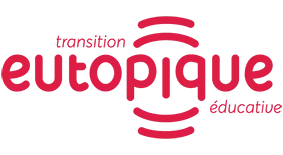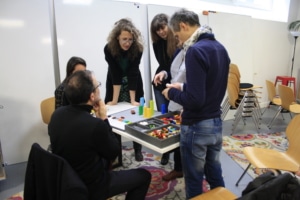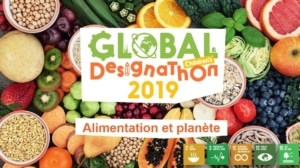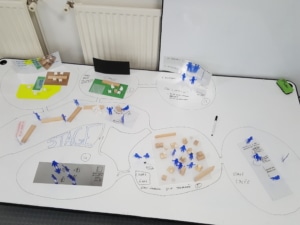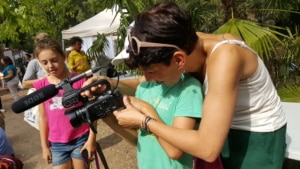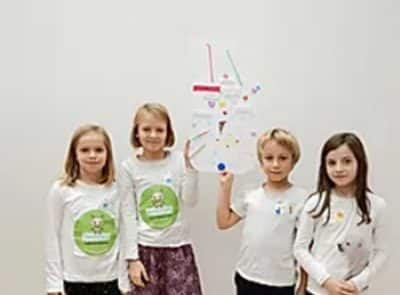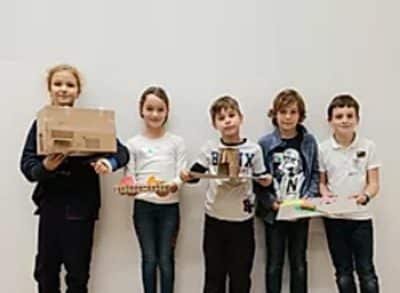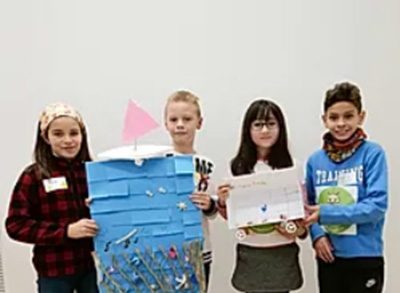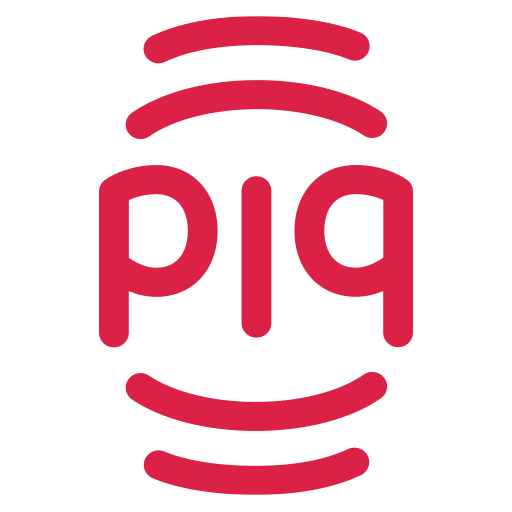Codesign éducatif
L’intention : Permettre aux enfants de développer les compétences nécessaires pour relever les défis du 21ème siècle : collaboration, pensée critique, créativité, communication, citoyenneté, compétences technologiques…
Notre action : mobiliser l’intelligence collective (des enfants, parents, personnels éducatifs, citoyens…) pour l’éducation sur les territoires avec un impact positif et global.
Nos savoir-faire : coordonner, faciliter, analyser, accompagner, communiquer.
Nous réalisons le projet Global Children’s Designathon en France à Paris au C.R.I (Centre de Recherche Interdisciplinaires). 1200 enfants dans 40 villes à travers le monde qui imaginent en Learning by Design un avenir meilleur et contribuons ainsi au mouvement de changemaker au niveau mondial.
Faciliter des ateliers de discussion et utiliser la démarche de Design Thinking pour co-designer des solutions pour l’éducation (organisation, pédagogie, environnement, espace), la citoyenneté, l’environnement.
Après une première phase d’exploration, immersion de l’écosystème local (concertation des divers acteurs éducatifs, documentation,…), des ateliers de co-design éducatif réunissent parents, enseignants et enfants pour réfléchir puis prototyper ensemble des solutions d’action des parents/enseignants/enfants autour de l’espace, l’environnement, la pédagogie, l’organisation…
Les solutions imaginées sont ensuite implémentées localement.
Le process (réunions exploratoires, session de co-design) est filmé et documenté pour partage en fin de processus dans une démarche réflexive et pédagogique.
Le but s’approprier le process pour le réaliser de manière autonome et essaimer la démarche du faire ensemble, en partant du besoin de l’usager/citoyen/apprenant.
Filmer et valoriser cette démarche de Transition Éducative pour inspirer et reproduire.
